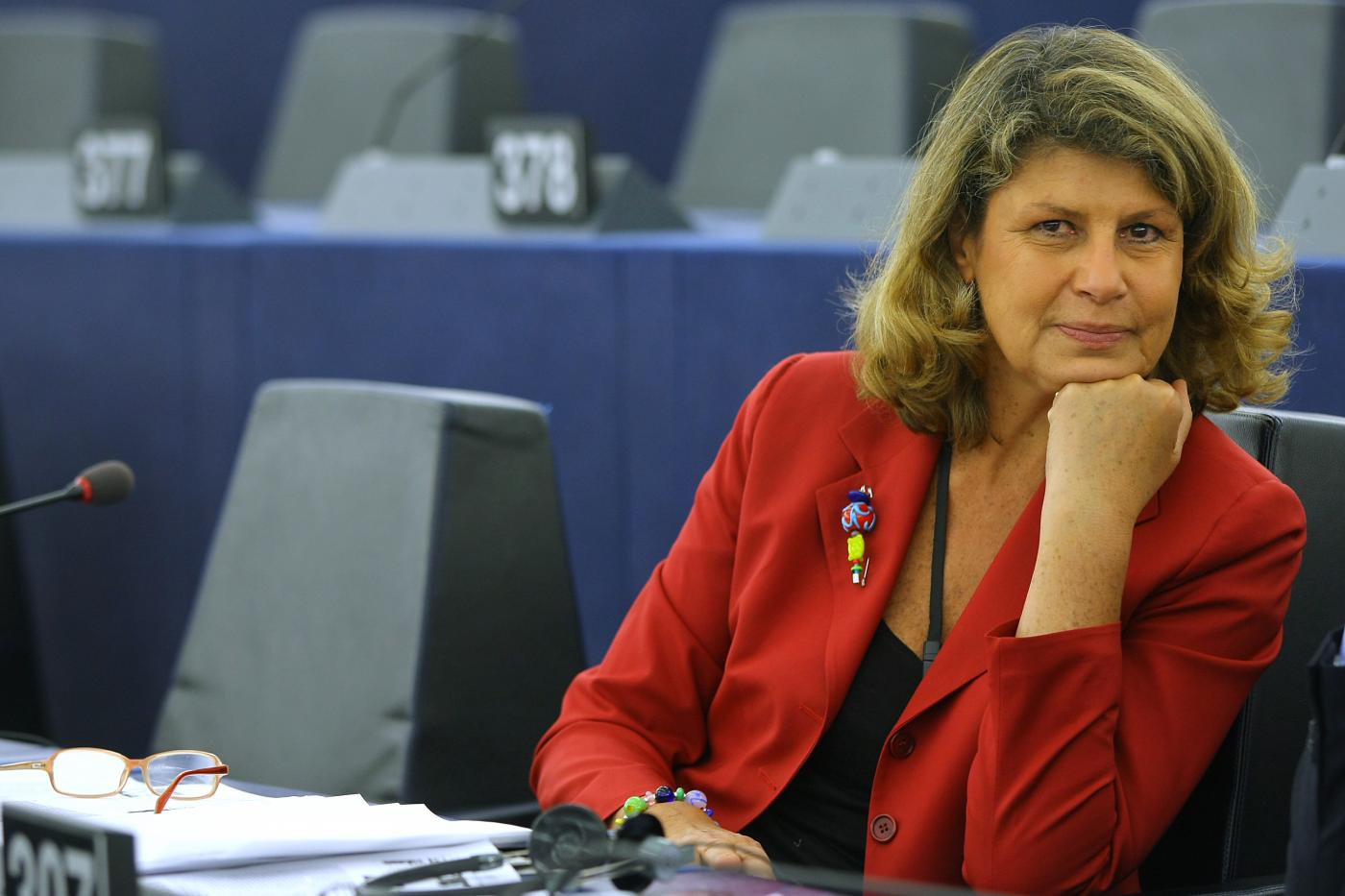The Stability and Growth Pact, if anyone doubted, cannot be changed and flexibility – if you like to call it that way – has to be found within those rules. Angela Merkel was clear, talking at the Bundestag as she uses to before any European Council. The German Chancellor was serene about the possible fracture with the United Kingdom for the appointment of Jean-Claude Juncker as head of the Commission: “there’s no need of unanimity” said the new Iron Lady.
The Stability and Growth Pact, she said, “Represents an excellent frame: establishes clear rules and offers a number of possibilities to be flexible.” Yesterday the German Finance Minister, Wolfgang Schaeuble, said that loosening rules and allowing new piling of debt “would be the worst error ever.” It is quite clear, beyond Merkel’s words about the remarkable convergence among the ‘great coalition’, that some divergence with the softer line expressed by the Social-Democrat Sigmar Gabriel, German Economy Minister, last Saturday in Paris.
According to Merkel in fact, the flexibility allowed by the Pact should be used to boost growth and employment. “The coalition government,” she said, “thinks that the Growth and Stability Pact offers excellent conditions on the matter, given that on one side it establishes limits and guardrails and on the other it offers several tools of flexibility. We need to use it in this sense, as we’ve always been doing in the past.”
We need to beware, she warned, of the situation of the euro area – which is still “fragile” – and it is important “for some countries to keep up with structural reforms.” She didn’t mention Italy, but you know…












